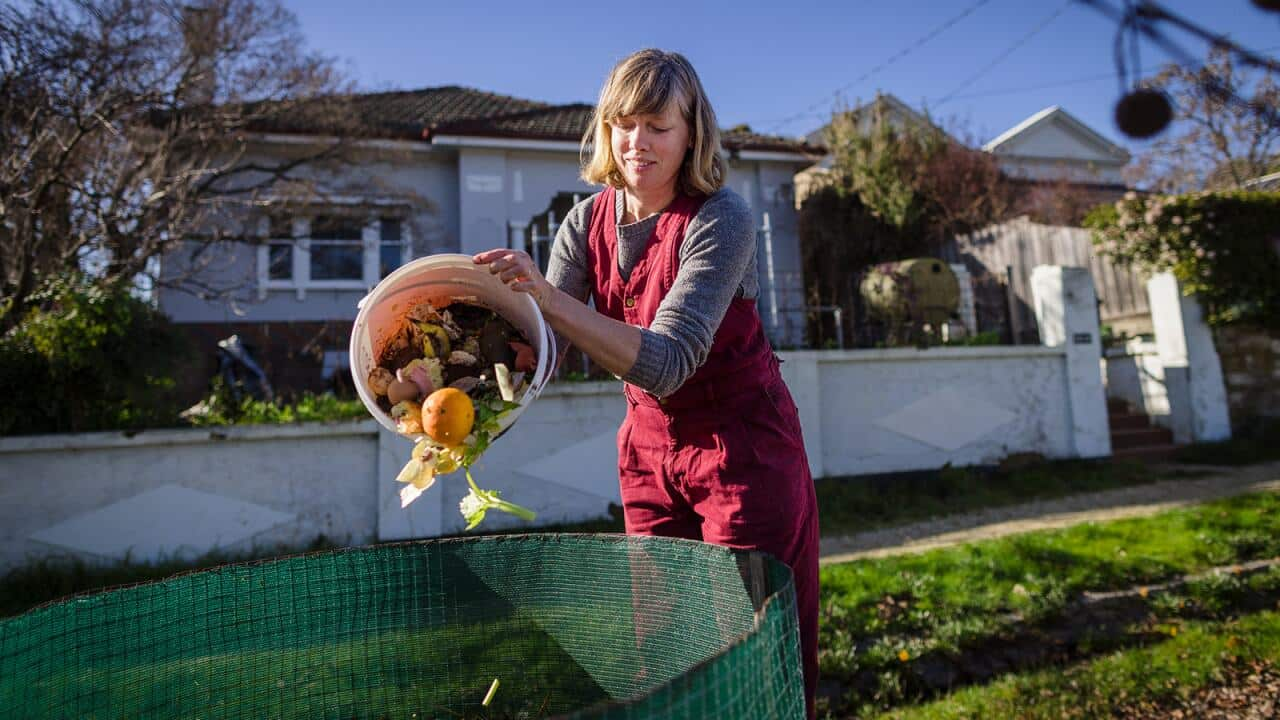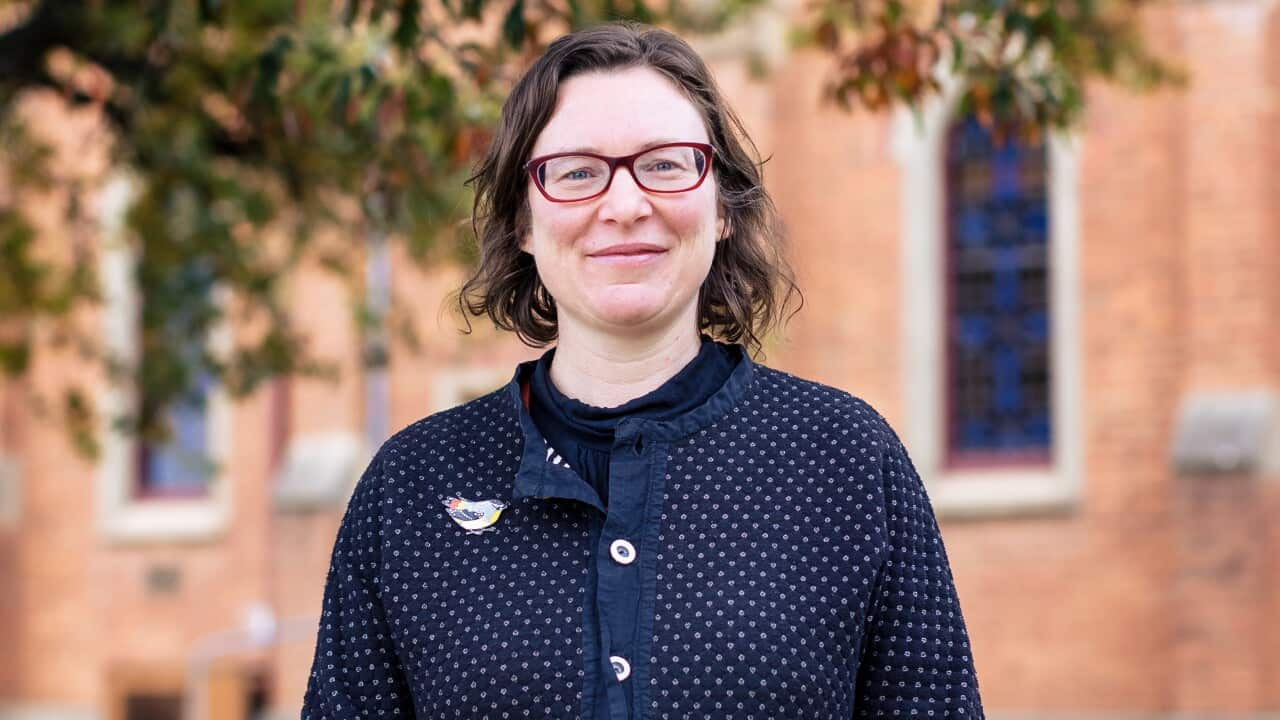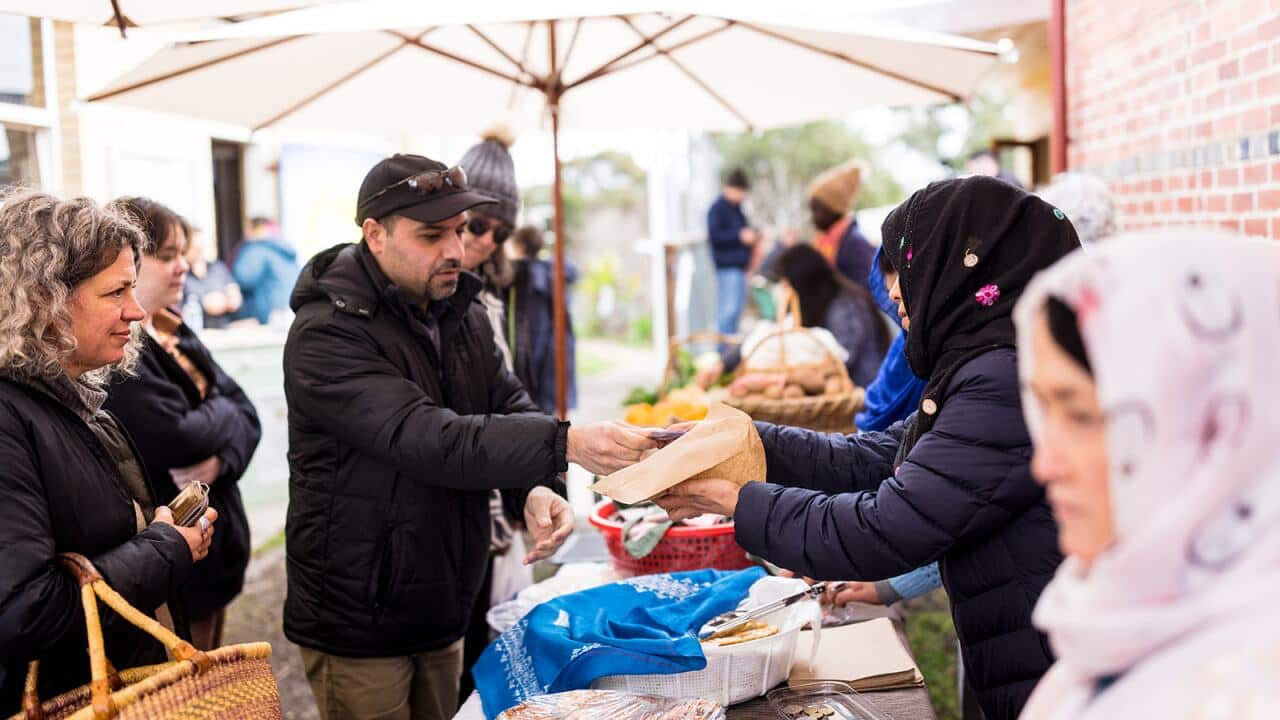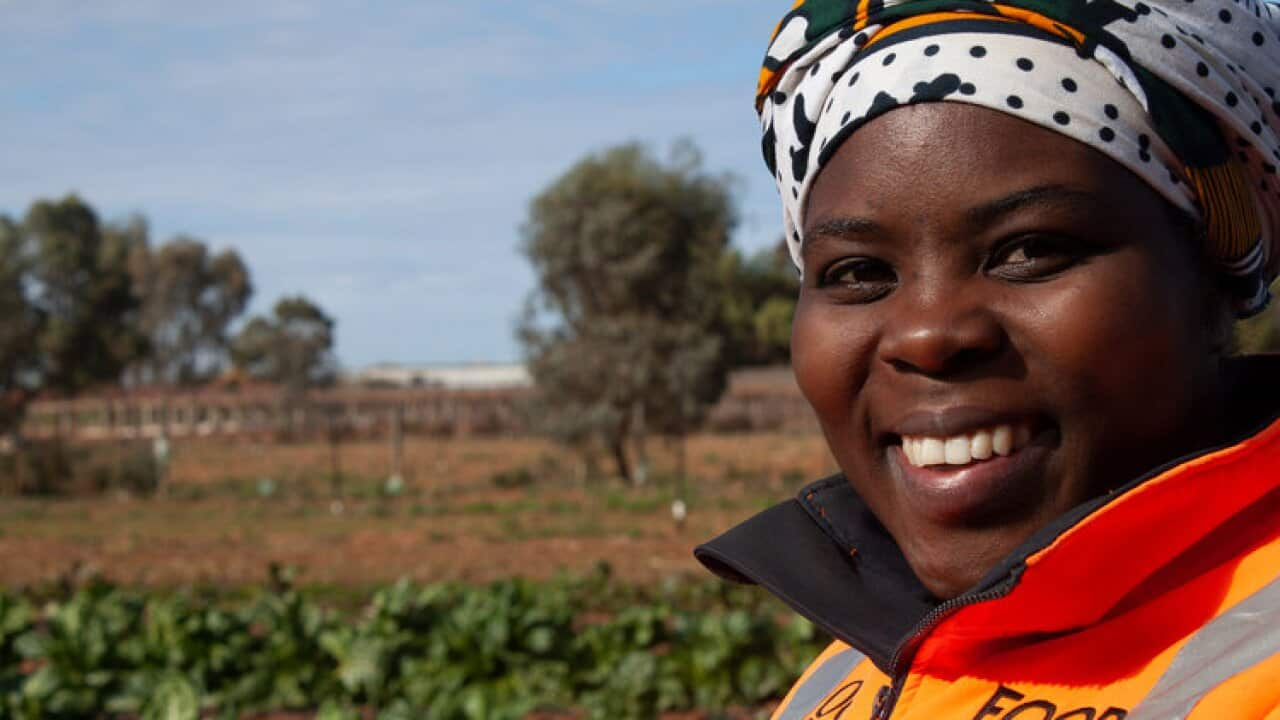Sometimes even with the best of intentions, actions that are intended to address climate impacts can have negative long-term consequences, and actually increase climate vulnerability. This is called mal-adaptation. The podcast offers some inspiration for different ways to avoid it.
- Don’t put your head in the sand
Trying to ignore the climate and environment crisis and hope that it will go away — may make you feel less burdened in the short term, but ultimately will not work. Cognitive dissonance is the discomfort we feel when our actions don’t follow our values and beliefs. Reduce your level of cognitive dissonance by accepting the reality of the crisis, learning about it, deciding how you want to respond and then taking action. - Be alert to greenwashing
Greenwashing is when companies and organisations seek to appeal to environmentally conscious consumers through exaggerating, misleading or lying about their commitment to climate and environment. Look out for vague or unsubstantiated claims, gratuitous use of eco labels, imagery and icons, and misalignment between a company's talk and track record. - Consider the embedded environmental costs of the products and services you use
When purchasing products or services consider the embedded costs to the planet. Think about transportation miles a product clocks up - has the item or its parts travelled far? Consider how renewable the resources are that went into making a product, digital devices, for example, require mined materials. Consider the level of toxic chemicals used and water required to make an item and how heavily it is processed. Also research whether forests and natural environments are being destroyed to make this product. As a rule of thumb, seek out products and services that are local, non-toxic, package free and not highly processed. - Reduce your power and consumption needs
Renewable energy sources will not be able to fully replace Australia’s current per capita fossil fuel and materials demand - which is four times the global average. Reduce your overall power and consumption needs and become more resilient to energy price hikes and power shortages. Look for ways to use less power at home, at work, in your community and neighbourhood, through travel and during recreation as well as embedded in the products you buy and invest in. Start by mapping how much power you use and reviewing items that are easy to lose or suck up most of your carbon budget. - Ensure climate science and impact projections inform your decision making
Think holistically about climate impacts when assessing your risk and making decisions. Before investing in property do a thorough climate risk assessment of the property and surroundings. Will the property be impacted by rising sea levels, flooding or is it particularly vulnerable to bushfire? Factor in the cost of retrofitting any dwelling to ensure it is climate ready. Plan for greater uncertainty and instability as climate change impacts financial markets, health, housing and the likelihood of global unrest. - Be a good ancestor - think seven generations ahead
Consider how your decisions and actions will affect future generations. The principle of thinking seven generations into the future is credited to the traditional wisdom of the Iroquois Confederacy or Haudenosaunee people of North America. It emphasises the importance of sustainability, long-term thinking, and intergenerational equity. A similar idea is expressed in the phrase, “We don’t inherit the Earth from our ancestors, we borrow it from our children." - Make nature-based solutions your first choice
Whether it’s growing vines to shade your house or using plants freshening the air indoors, drying your clothes in sunlight or relying on thermal mass to heat your house, storing water in your soil or ensuring your composted kitchen scraps fertilise the garden - nature-based solutions are not just better for the planet than factory-made options, but will probably cost less and serve you for longer as climate change continues to intensify. - Support collaborating and sharing
Collaboration, collective action and the sharing of resources, knowledge, and technologies is required to address and adapt to climate change — not just at a global level, but at a local level too. Think broadly and creatively about how you can be more collaborative and share more across different aspects of your life. From volunteering your time and skills at a local school, wildlife shelter or repair cafe to donating money and goods to other humans and non-humans in need, from choosing to use and contribute to libraries and shared collections to challenging yourself to collaborate with people you don’t know. From supporting policies and decisions that benefit society as a whole to choosing not to amass and hoard resources and finance yourself. From working on your personal capacity for empathy to learning how to ask for help when you need it. In challenging conditions, societies that practice and value altruism and caring for and looking out for one another have a better chance of survival than societies that don’t. - Participate in the circular economy
A circular economy is when the waste from one product becomes a resource for another - and materials get cycled over and over. By using fewer resources and sending less material to landfill, we'd be more efficient, create less pollution, and emit fewer greenhouse gases. Participate in the circular economy by purchasing second hand clothes, buying items that can be fixed and composting your organic waste. If you can’t reuse, recycle, repair, repurpose or rot an item after it has served you, then consider reducing how much or how often you consume it — or refusing to buy it altogether!
Fun fact: Australia’s current circularity rate is 4% — half the global average. Under our current economic system a circularity rate of 32% is achievable. - Step up and do your bit
Be a citizen rather than a consumer of the earth. Step up your engagement with the climate and environment crisis by drawing on what is available to you and working within your spheres of influence to lead and support behaviour change and climate action. Research the many and varied ways you can make a meaningful contribution to climate and environment at home, in your community and in the world — and commit to taking action. Your efforts can have a significant impact on the lives of the people around you and on the Country to which you belong.
is a podcast about how regional Australian communities are learning to survive and thrive in a changing climate.
LISTEN TO

YIMBY: Community composting for connection and climate action
SBS Audio
05/05/202423:08
More from 'Everything We Need'
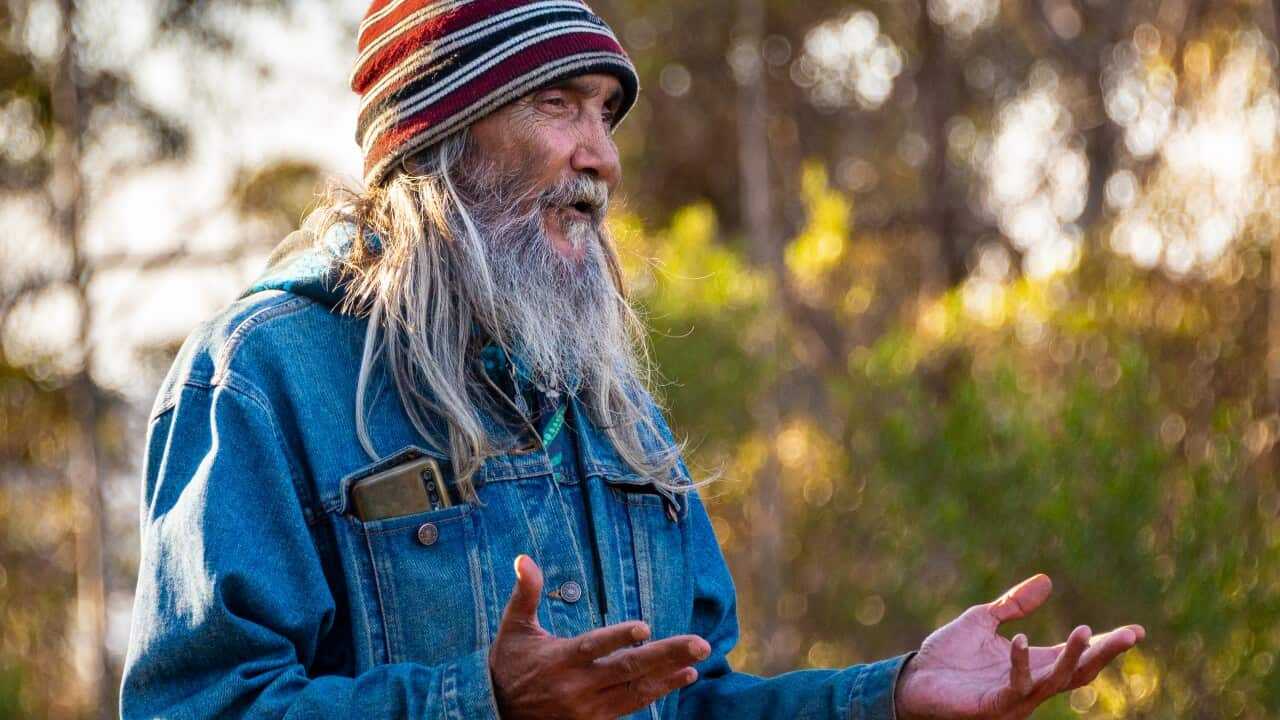
Turning Wrong Way Climate Right Way: a First Nations response to climate change in Central Victoria
